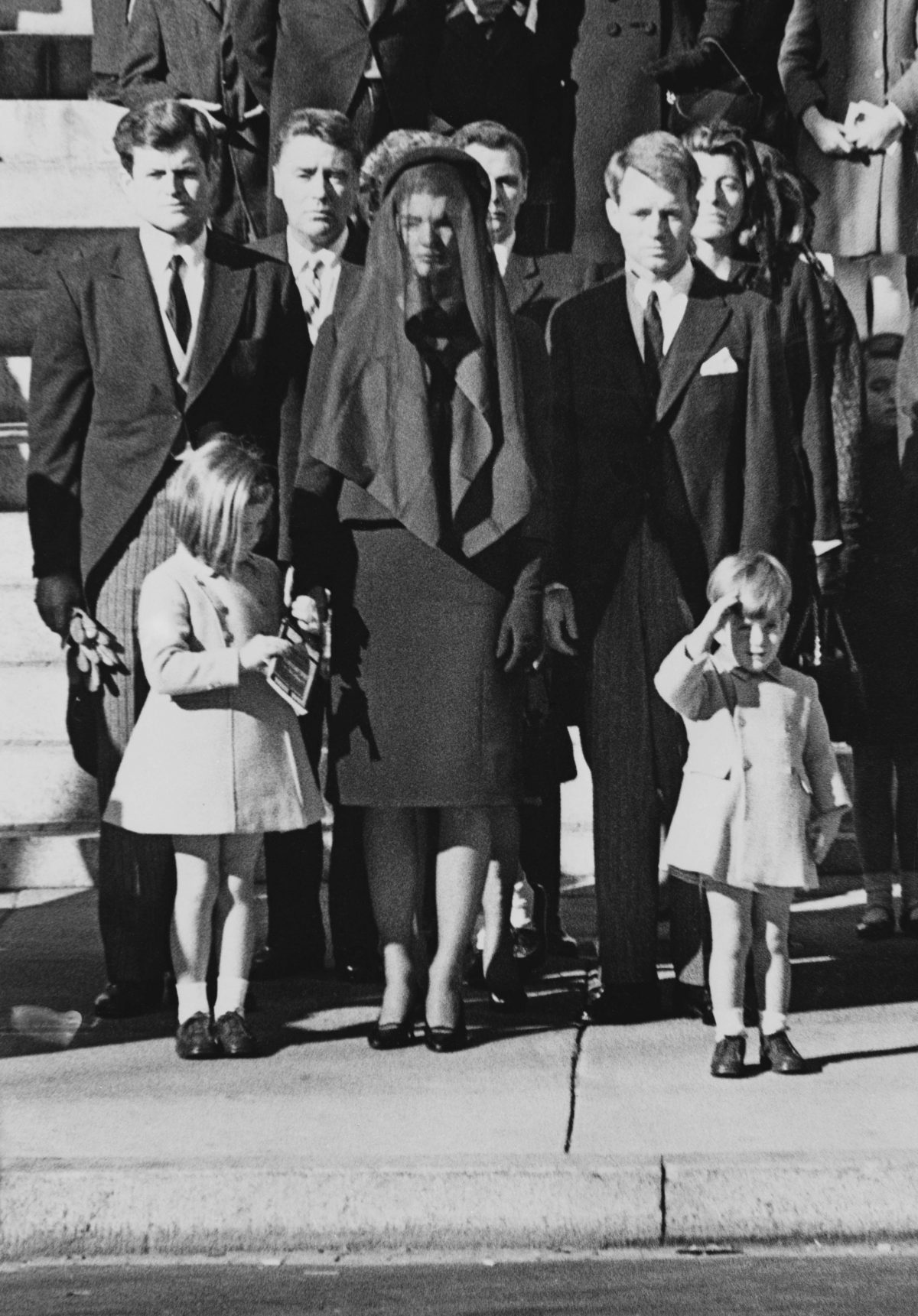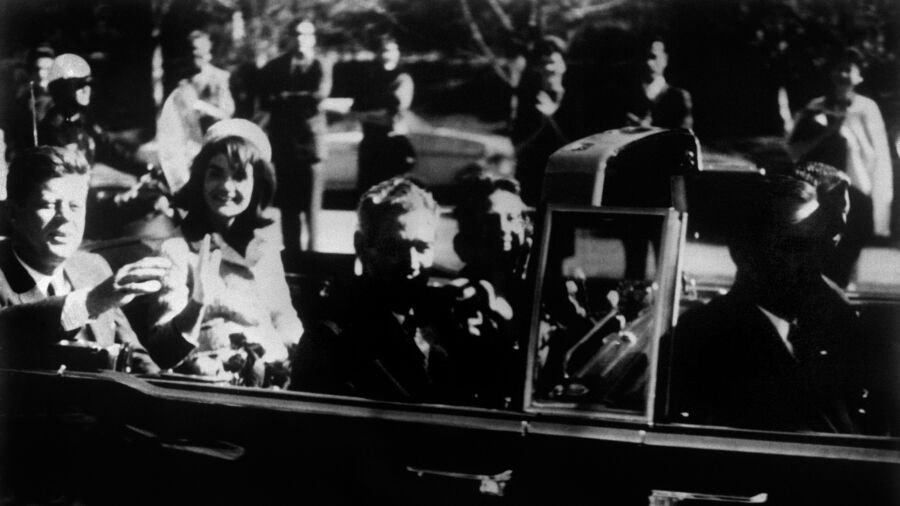More than 99 percent of the classified documents surrounding the 1963 assassination of the late President John F. Kennedy have been publicly released following the conclusion of a National Archives and Records Administration (NARA) review, according to the White House.
Sharing the news at a June 30 press briefing, White House press secretary Karine Jean-Pierre said the review’s conclusion demonstrated the Biden administration’s commitment to government transparency and accountability.
“Under President Biden’s leadership, agencies have fully declassified over 16,000 records since 2021,” Jean-Pierre said. “This action reflects his instruction that all information related to President Kennedy’s assassination should be released, except when the strongest possible reasons counsel otherwise.
“As a result, over 99 percent of the records in the collection are now publicly available at the National Archives. In keeping with the president’s direction, the National Archives will be digitizing the entire collection to make it more accessible to the public.”
Earlier that day, in a memo to executive department and agency heads, President Joe Biden revealed that NARA had notified him of the review’s completion on May 1, requesting that the release of certain redacted information be further postponed.
Biden obliged, certifying the specified information’s continued redaction for the time being and requiring all releasable information to be publicly disclosed by June 30.
Future reviews, he added, would be conducted by the National Declassification Center (NDC) at NARA, as per the transparency plans submitted by federal agencies.
‘We Protect What We Must’
The new releases follow Biden’s December 2022 directive that relevant agencies and departments review the remaining redactions in the collection and disclose all information “except when the strongest possible reasons counsel otherwise.”
Entities that sought the postponement of certain disclosures included the CIA, FBI, State Department, Defense Department, and NARA itself.
Since the December memo, NARA has published an additional 2,672 documents in full or with fewer redactions on its website.

“At the National Archives, we believe in the importance of government transparency and the accessibility of information,” National Archivist Colleen Shogan said in a statement. “The dedicated and detailed work completed by NARA staff and by our partners and stakeholder agencies is an excellent representation of how we can collaborate together to ensure that the maximum amount of information is made available to the American people, while we protect what we must.
“I have every confidence that the NDC’s implementation of these plans offers a clear path forward for public transparency and the timely release of additional information as circumstances warrant,” she added.
‘What Are They Hiding?’
But not everyone shares Shogan’s confidence.
Among those harboring doubts is Robert F. Kennedy Jr., the nephew of the late 35th president.
“It’s not about conspiracy—it is about transparency,” Kennedy wrote on Twitter on Sunday, mourning the “bad news” that the president was allowing some records to remain secret.
“The assassination was 60 years ago,” he added in another post. “What national security secrets could possibly be at risk? What are they hiding?”
Kennedy charged that the postponement was an “unlawful” violation of the President John F. Kennedy Assassination Records Collection Act of 1992 (pdf), which required that each such record be “publicly disclosed in full, and available in the Collection” no later than 25 years after the date of the law’s enactment.
That date came and went on Oct. 26, 2017. However, the law does include an exception in instances where the president certifies that a continued delay is “made necessary by an identifiable harm to the military defense, intelligence operations, law enforcement, or conduct of foreign relations” and the harm is “of such gravity that it outweighs the public interest.”
But Kennedy, who is seeking the Democratic presidential nomination, stressed that releasing the rest of the records would likely boost public trust in the federal government, which he held to be at “an all-time low.”
The candidate has been outspoken about his theories as to who was behind his uncle’s assassination, telling multiple media outlets in May that he blames the CIA.
“There is overwhelming evidence that the CIA was involved in his murder. I think it’s beyond a reasonable doubt at this point,” he told John Catsimatidis on WABC 770 AM’s “Cats Roundtable” on May 7.
The next day, Kennedy made the same allegation during an interview with Fox News’s Sean Hannity, pointing to “millions of pages of documents,” transcripts, and the accounts of individuals who have claimed involvement over the years.
The Democrat added that it was also the “first instinct” of his father, then-U.S. Attorney General Robert F. Kennedy Sr., that the CIA had orchestrated the killing.
“The first phone call that my father made after J. Edgar Hoover told him that his brother had been shot was to the CIA desk officer in Langley [Virginia] … and my father said, ‘Did your people do this?’”
Kennedy said his father subsequently posed the same question to Enrique Ruiz-Williams—a Cuban leader in the failed Bay of Pigs invasion, which was directed by the CIA—and then-CIA Director John McCone.
Less than five years after his brother’s murder, Robert F. Kennedy Sr. was assassinated on June 6, 1968.
The CIA has long denied any involvement in the 35th president’s death.
Jack Phillips and Ryan Morgan contributed to this report.
From The Epoch Times

